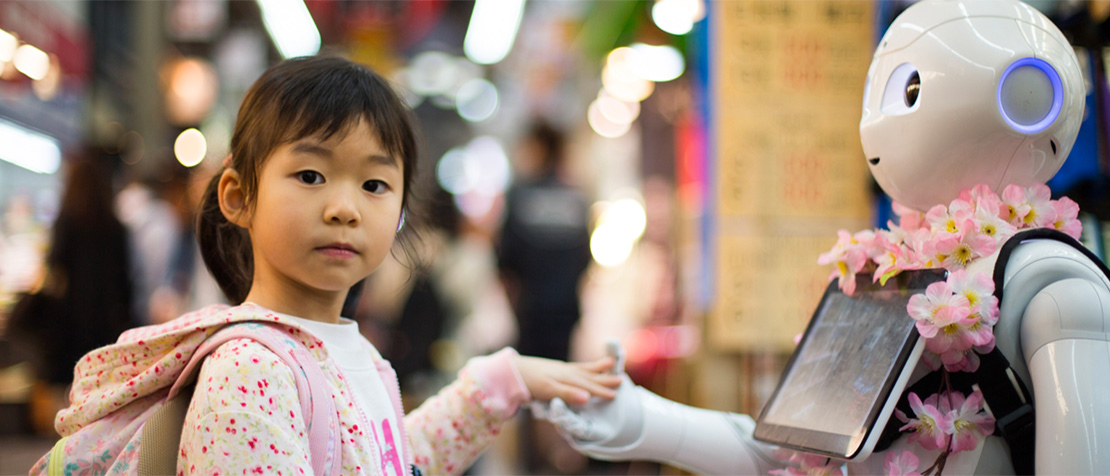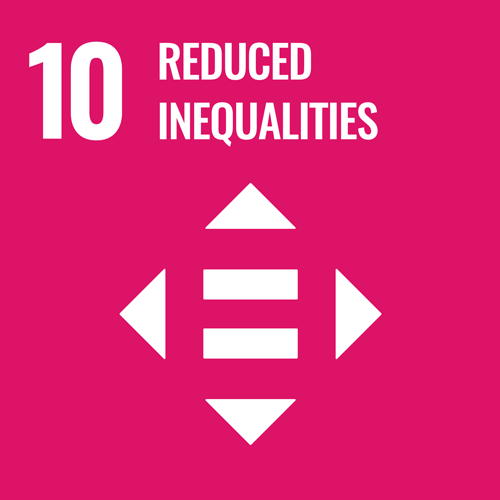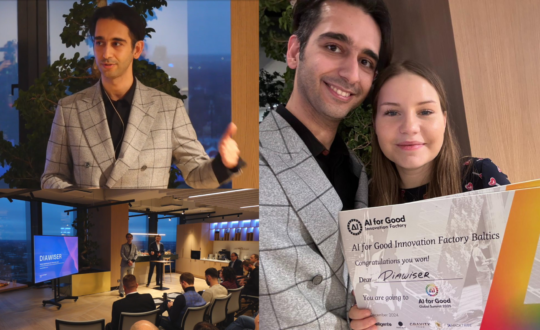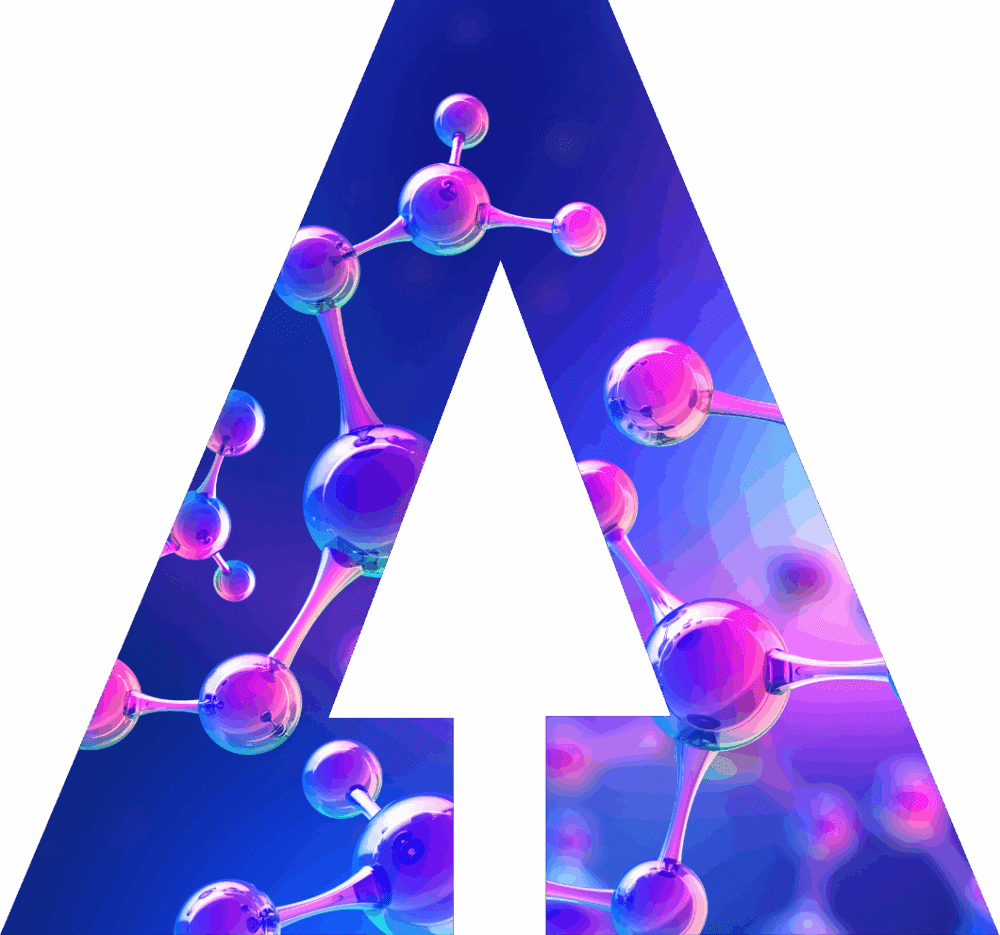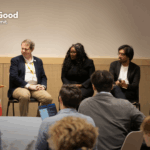We are witnessing a pivotal time in human history, as artificial intelligence (AI) is integrated into just about every new or established industry.
However, with this promise there is a global lack of understanding. What is AI and why should I care?
International aid and development agencies are investing in many aspects of AI technology and we suggest that storytelling must be one of them.
More and more, AI can be used to preserve indigenous languages and cultural heritage, which provide a core foundation in sustaining communities.
On 27-31 May, 2019 at the AI For Good Global Summit in Geneva, AI, Culture and Storytelling will be workshopped for the first time.
Storytellers and AI experts alike will tackle the various challenges, roadblocks, and opportunities relating to this future and ask this question: Can the fusion of AI and storytelling be a new tool in preserving human culture and history?
The sessions, led by AI and storytelling thought leaders, will explore pioneering research on automated storytelling and include hands-on workshops on standard methodologies and structured data collection as one of the keys to training algorithms to be more culturally aware. In addition, the workshops will delve into ethical and historical considerations as we create the foundations for deeply inclusive AI.
The ability to explore, identify, and convert latent untapped storytelling narratives and translate them into structured meaningful knowledge-sharing data and products can also attempt to address the issues around ensuring inclusiveness and diversity within the AI and digital storytelling context.
“We’re at a critical moment where citizens, government agencies, funders, donors, and impact investors can push the learning boundaries, have a growth mindset, and invest in innovative ways to capture activities and interests of global communities.”
AI & culture expert Rafael Pérez y Pérez is one of the thought leaders attending the summit. A professor at Universidad Autónoma Metropolitana at Cuajimalpa, México City, he specializes in AI and computational creativity, particularly in automatic narrative generation. Pérez is the author of MEXICA 20, short narratives developed by the computer program MEXICA. Plots describe fictional situations related to the Mexicas (also known as Aztecs), ancient inhabitants of what today is Mexico City.
Also at the Geneva AI Summit will be Wolfgang Victor Yarlott, a member of the Native American Crow tribe. Yarlott’s pioneering research took place with the Genesis Story Understanding System at MIT’s Computer Science and Artificial Intelligence Laboratory. In collaboration with his Professor Patrick Winston, Yarlott wanted to determine whether the system could understand stories from Crow folklore as well as it understood the works of Shakespeare. At first his “audience” was the program itself — he wanted to instill an understanding.
“It will become an imperative that AI and storytellers ensure they capture the authentic local community stories that showcase heritage and culture and human essence in order to build deeply inclusive AI.”
Over the course of his work, Yarlott analyzed three collections of Crow literature, created a list of cultural features present in the stories, identified four as particularly important (unknowable events, medicine, differences as strengths, and uniform treatment of entities), and developed a set of five Genesis-readable stories in which those features were prominent. This led to several new elements in the story-understanding model. With these new elements, he was able to prove that Genesis is indeed capable of understanding stories from the Crow culture, bringing it one step closer to being a universal story-understanding system.
‘Graduating’ learning platform
The summit will provide a ‘graduating’ learning platform for existing storytellers and new entrants into this field. Participants will be able to enhance their technical know-how and keep up to date with the nascent landscape of inclusive AI.
We’re at a critical moment where citizens, government agencies, funders, donors, and impact investors can push the learning boundaries, have a growth mindset, and invest in innovative ways to capture activities and interests of global communities.
It will become an imperative that AI and storytellers ensure they capture the authentic local community stories that showcase heritage and culture and human essence in order to build deeply inclusive AI.
Building better AI tools
An inclusive philosophy will result in building better AI tools that can be used within the digital storyteller’s toolkit to improve and enhance community engagement, strengthen local value chain development, enhance inclusive markets and inclusive businesses, and create shared learnings on how we can better help improve the lives of those living in poverty in emerging and frontier economies.
Today, citizens, technologists, data scientists, developers, entrepreneurs, students, academics, NGOs, governments, businesses, and investors have a larger role to play than ever before in leading global engagement in new and inclusive ways.
Many countries are now working towards shifting capital to be directed at scale to align with the UN Sustainable Development Goals (SDGs) in order to create resilient economies and to prioritize human well being, social equity and environmental protection.
READ MORE: What do ‘AI for Social Good’ projects need? Here are 7 key components.
With this global momentum to strengthen social capital, conserve and preserve natural capital, and work towards transforming our economies and societies, the use of AI will play a significant role to ensure that cultural heritage within communities is also preserved and protected.
The application of deeply inclusive AI coupled with digital storytelling can provide an amplification role and play the ‘perseverance role’ in ensuring the integrity of people’s history.
Concerted effort needed
We will need a concentrated effort, like the AI Commons project, with a focus on crowdsourcing and tagging intangible cultural heritage, to bring together the objectives, interests, and values among aid, trade, and business. The use of deeply inclusive AI can be beneficial in supporting, extending, and amplifying existing developmental aid and social program initiatives; but it is more important that it also be considered and incorporated into the design of new social programs.
A global call to tag datasets and shape an inclusive future for automated media is not that far-fetched. We can turn to engaged citizens, storytellers, and students to help us tag data on world cultures and traditions. Together, we can try to design the next generation of digital engagement and intelligence machines to be culturally conscious.
About IVOW: We are a team of multimedia storytellers and data scientists working together to create a new functionality for AI technology: deeply inclusive AI. Helping everyone to leverage their stories for smart and culturally rich data, we can create a new socially-conscious generation of storytellers. Through inclusive AI, we are exploring a new kind of data strategy that adds an identity and cultural perspective, creating invaluable cultural resources that will still be accessed thousands of years from now. Connect with us on: www.ivow.ai
About 37°C: We are a strategic impact advisory intermediary with the vision to create social prosperity and regenerative growth. We are trusted advisers to leaders within the international development, private sector, government and philanthropic sectors and develop impactful strategies, social innovation practices and funding solutions to mobilise additional resources to solve complex 21st century challenges. We help you bring together the team and customised approach to extend, amplify and maximise positive impact for global systems change. Connect with us on: www.37c.com.au


